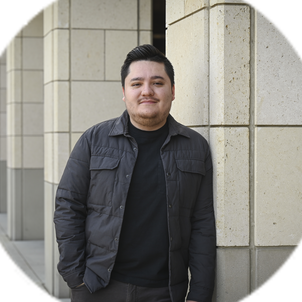Some of my most meaningful experiences at Stanford have been leading the same type of technical workshops I once participated in to build my own technical confidence. It’s incredibly rewarding to introduce high school students or incoming Stanford students to tools like design thinking, VR programming, 3D printing, laser cutting and Arduino. It’s amazing to see how this instruction sparks their interest and spurs creativity.
I built the technical confidence I needed at the start of my engineering education by participating in programs and workshops with groups like Stanford Black Youth Teams Engineering Success (BYTES); Stanford Black in Computer Science and its tutoring program, Black Lair; and the Society of Black Scientists and Engineers (SBSE). I also did the Stanford Summer Engineering Academy (SSEA) the summer before my first year with 50 other students interested in engineering, many of whom I still keep in touch with. In each one of these activities I found mentors who helped me, saw where I wanted to go and gave me the guidance I needed to move forward.
As the current president of the student organization Black in CS, I’m excited to find ways to support workshops like these so that they can continue to be offered in high schools in a more consistent and sustainable way. There’s a lack of diversity and equity in computer science, and changing that requires us to increase access for students who have been systematically marginalized. The students involved in Black in CS are committed to this work. We’re proposing institutional changes in the CS department that include an increase in capacity of CS support classes, an increase in the number of Black faculty, an increase in the number of Black TAs and improved outreach to make undergraduate research more accessible for Black students. These kinds of efforts have the potential to not just increase the pipeline but also retain students, which is crucial if we want to make computer science a more equitable field for all.
Related spotlights

Adrienne Propp

Lara Weed

